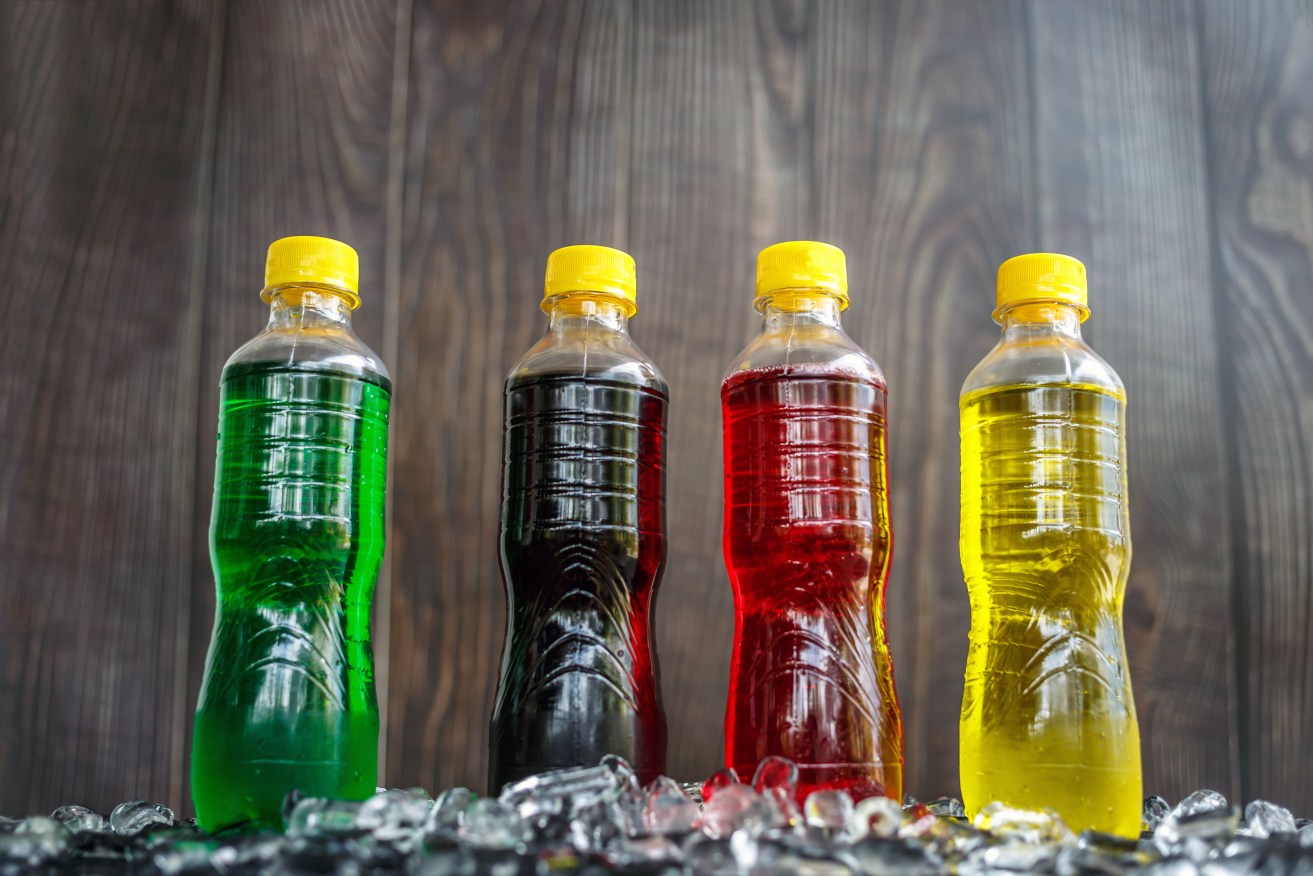Sweet drinks leave a sour taste in the heart


With sweetened drinks, of any kind, you're risk of atrial fibrillation is significantly higher.
Here’s another blow for people who believe that artificially sweetened drinks are better for their health than the sugary kind.
Neither is good for you, especially when consumed daily. Both have been shown to cause decline in kidney function. They have similar risks for type 2 diabetes and obesity.
Both are linked with vascular events such as strokes and heart attacks.
So which is the least bad?
A new study from Shanghai Jiao Tong University School of Medicine in Shanghai has found that:
- Adults who drink two litres or more per week of artificially sweetened drinks have a 20 per cent increased risk of atrial fibrillation – that’s compared with people who drink no sweetened drinks
- Adults who drink two litres or more per week of sugar-sweetened drinks have a 10 per cent increased risk
- Adults who drink one litre or less of pure, unsweetened fruit or vegetable juice each week had an 8 per cent lower risk of atrial fibrillation.
The leading cardiac cause of strokes
Atrial fibrillation – often jauntily known as a heart flutter – is the most common type of cardiac arrhythmia. It carries a three to five-fold greater risk of a stroke.
Atrial fibrillation is not simply an irregular heartbeat. What occurs are very fast electrical discharges that make the upper chambers of the heart (atria) contract very rapidly.
In some instances, the blood in the atria stagnates, and then clots.
With nowhere else to go, the clot – usually large – moves through the heart and into one of the large arteries that goes to the brain. And causes a stroke.
Long-standing risk factors for atrial fibrillation (AFib) include advanced age, high blood pressure, underlying heart and lung disease, congenital heart disease, and increased alcohol consumption.
Now you can add to that sweetened drinks of any persuasion.
The new study
According to a statement from the American Heart Association, the study involved data from 201,856 participants of the UK Biobank, ranging in age from 37 to 73 years old, and nearly half, 45 per cent, were men.
The UK Biobank is a large, biomedical database with health records for about 500,000 adults.
Researchers reviewed data from dietary questionnaires and genetic data of these participants who were free of AFib at the time they enrolled in the UK Biobank (between 2006 and 2010).
During the nearly 10-year follow-up period, there were 9362 cases of AFib among the study participants.
Blood samples were collected to measure genetic risk for AFib, and participants answered more than one 24-hour questionnaire about their diet on five repeated occasions between April 2009 and June 2012.
Who is drinking what
Participants who consumed more artificially sweetened beverages “were more likely to be female, younger, have a higher body mass index and a higher prevalence of type 2 diabetes”.
Participants who consumed more sugar-sweetened beverages “were more likely to be male, younger, have a higher body mass index, a higher prevalence of heart disease and lower socioeconomic status”.
Smoking may have added to the risk. Smokers who drank more than two litres per week of sugar-sweetened beverages had a 31 per cent higher risk of AFib. No significant increase risk was noted for former smokers or people who never smoked.
Study limitations
Professor Ningjian Wang is a researcher at the Shanghai Ninth People’s Hospital and Shanghai Jiao Tong University School of Medicine in Shanghai, China. He is also lead author of the study.
He said the mechanisms linking sweetened beverages and atrial fibrillation risk were unclear. But there were several possible explanations, including insulin resistance. The body’s response to different sweeteners could also be considered.
Professor Wang noted: “Our study’s findings cannot definitively conclude that one beverage poses more health risk than another.
This was due to the complexity of participants’ diets. And because some people may drink more than one type of beverage.”
The findings were observational and cannot prove causation. In addition, the findings relied on participants to recall their own diets. So there may have been memory errors or bias.
Read here and here about Australia’s hidden problem with AFib.








